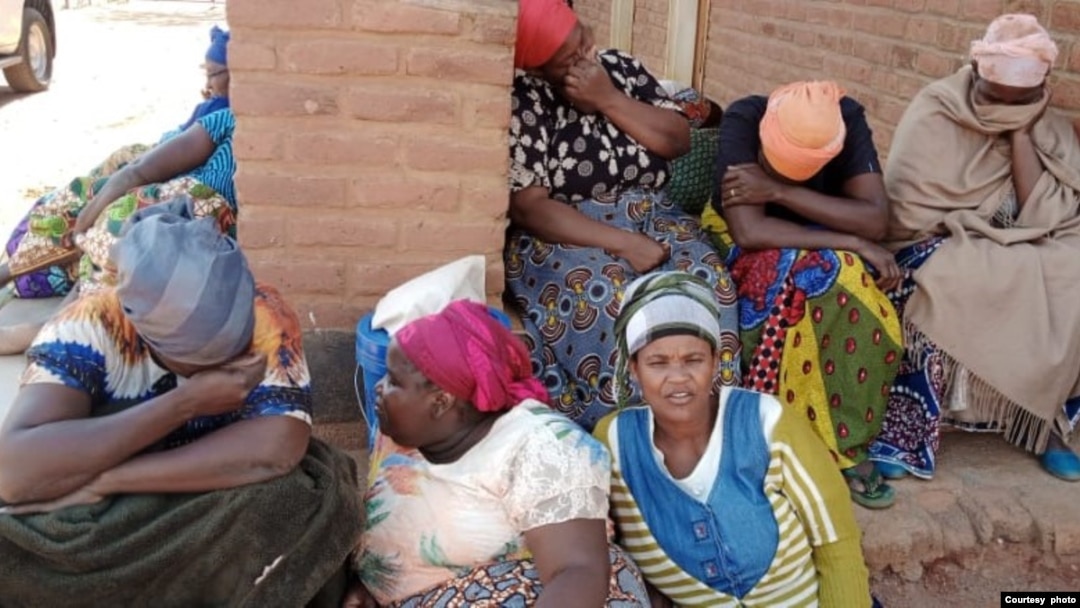Malawi's Ministry of Homeland Security said 408 people, including more than 100 children, were held during a two-day operation that began with pre-dawn raids in several townships in Lilongwe on Wednesday.
The crackdown came about two months after the government issued an ultimatum for people to return to Dzaleka, an overcrowded camp about 40 kilometers north of the city.
"The period we had given them had expired," ministry spokesman Patrick Botha told AFP.
"We have indicated that failure to relocate will call for the police... to enforce the relocation."
Most refugees and asylum-seekers in Malawi come from the conflict-torn Democratic Republic of Congo, as well as Rwanda and Burundi.
Those held are undergoing screening at a local prison to verify whether some might have been in the country illegally, Botha said.
Authorities have also accused some refugees and asylum-seekers of operating stores without authorization.
The leader of the Burundian community in Lilongwe, Bantubino Leopold, said he was "surprised" by the raids as the government had vowed to protect refugees.
"We have an agreement... that allows refugees who can stand on their own to run businesses in the country, so that they do not rely on handouts," Leopold told AFP.
Malawi's Human Rights Defenders Coalition said it was appalled by the government's "heavy-handedness."
The arrests represented an "egregious violation of international refugee law" and fostered "an environment of fear and uncertainty, causing immense harm to the mental and physical well-being of those affected," the rights group said.
Malawi is home to almost 70,000 refugees and asylum-seekers, according to the UN's refugee agency, the U.N. High Commission for Refugees [UNHCR].
Most live in Dzaleka, a refugee camp set up in 1994 to accommodate about 12,000 people but currently hosting more than 56,000, according to the UNHCR.
Malawi Rounds Up Refugees, Asylum Seekers

Refugees at the Dzaleka refugee camp in Malawi are protesting the removal of 600 refugee families from the World Food Program's list of people receiving food rations. on Nov. 4, 2022.
LILONGWE - Authorities in Malawi said on Thursday they had arrested more than 400 refugees and asylum-seekers in the capital who had refused to return to a camp outside the city.


